Co-creating a common understanding: First DASH meeting in Copenhagen
Els Keunen
November 13, 2023
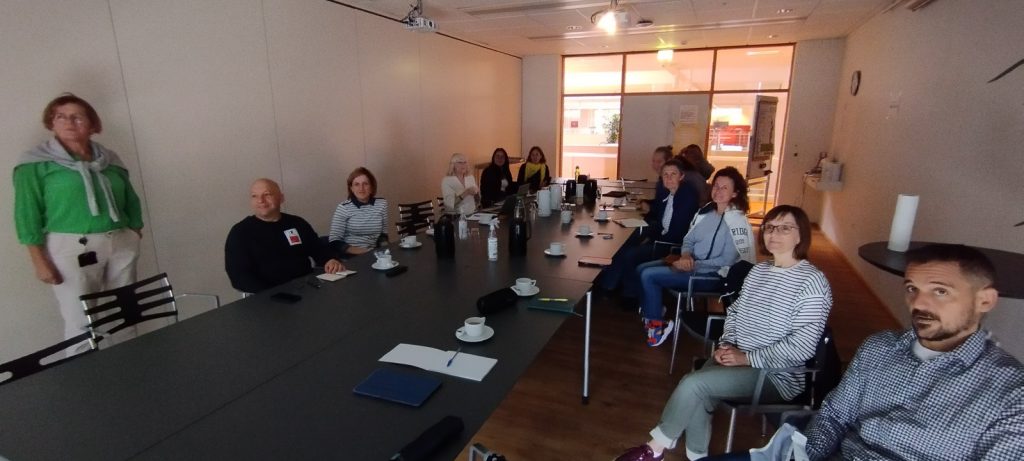
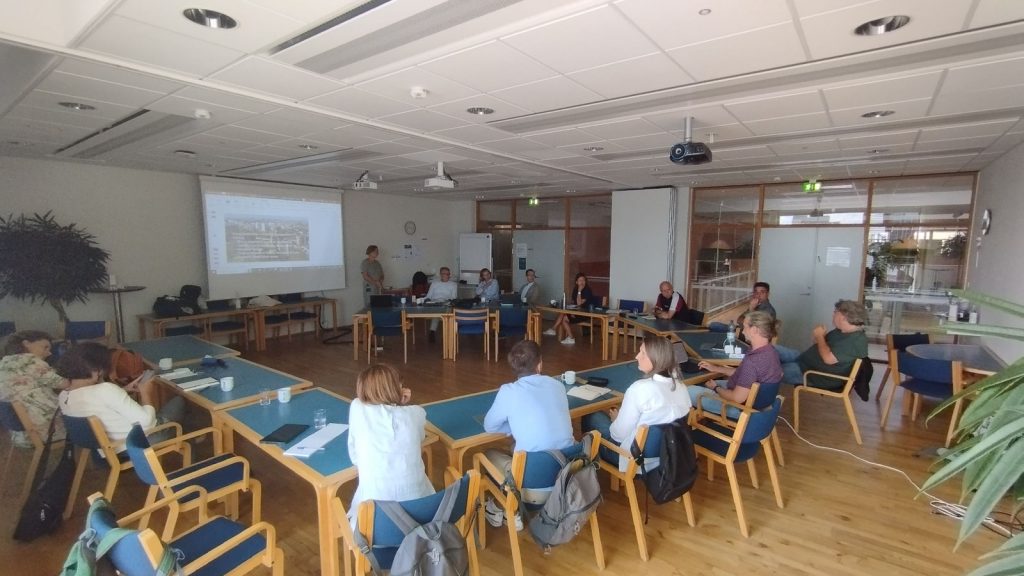
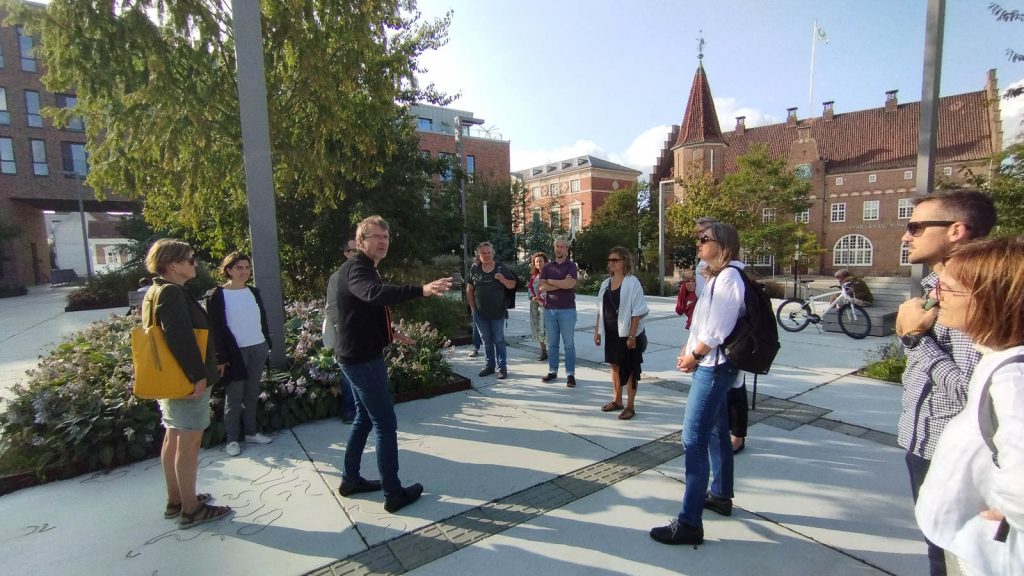
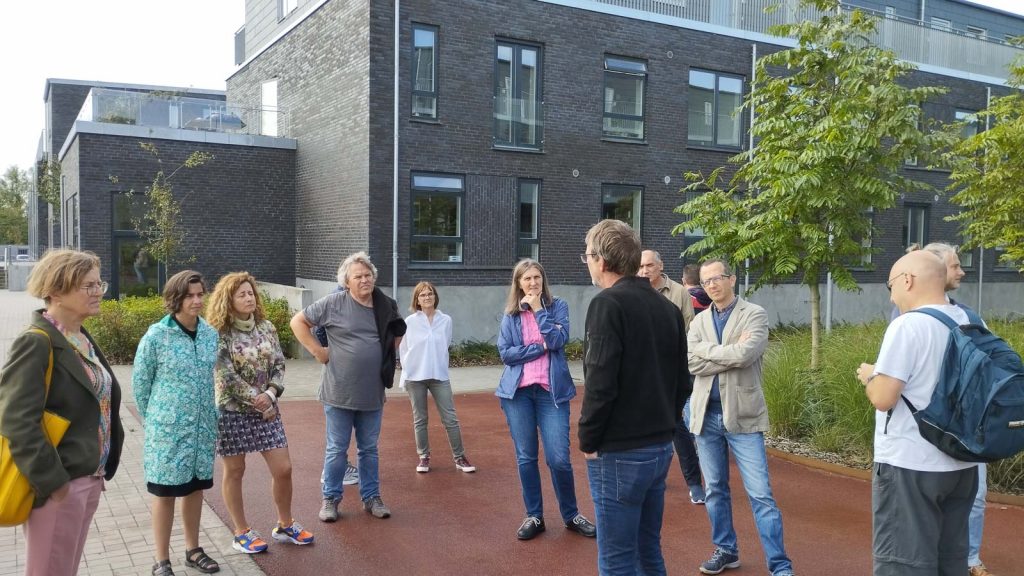
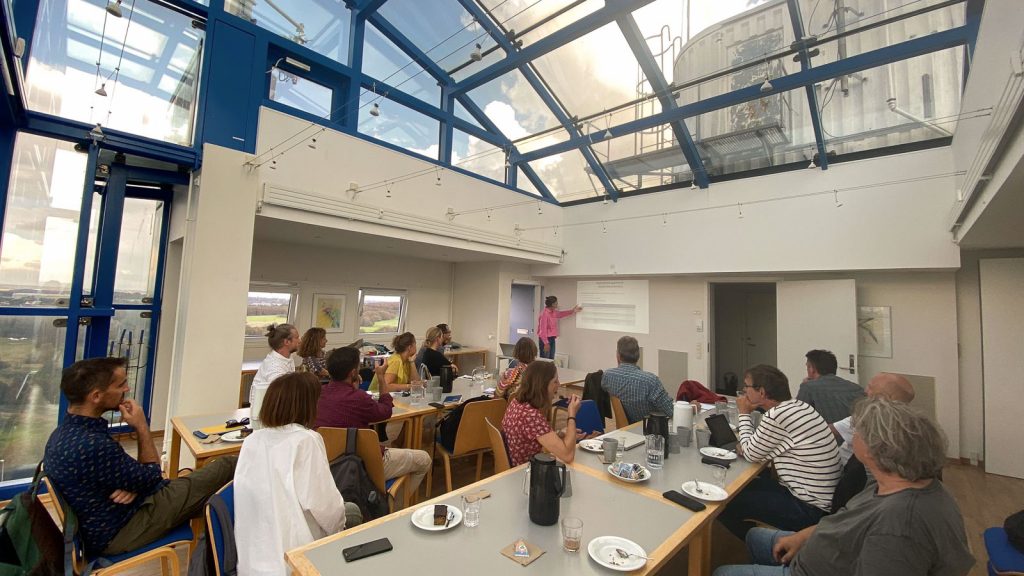
From 27 February to 1 March, the first DASH meeting was organised, hosted by Aalborg University in Copenhagen and facilitated by University of Stuttgart. DASH members came together for a training on transdisciplinary research and to detail the methodological approach.
The DASH project spans four different countries in the EU, each with their own particularities regarding social housing provision. Furthermore, it brings together partners from different sectors of society: academia, local government and civil society organisations. Each member brings in their own experience and expertise but might also have their own expectations on the project outcomes. Therefore, it is important to establish a joint understanding of the project, the methodological approach and the way of collaborating between the members. This is what the first DASH meeting in Copenhagen focused on.
On the first day of the meeting, the EU Project Officers introduced the rules for the MSCA program in general and for the DASH secondments more specifically. There was also a first thematic input on transdisciplinary research.
On the second day, members of the same country discussed together what the main issues regarding social housing and affordability were in their context and presented them to the others. While it was clear that social housing has very different interpretations and underlying systems, some common factors included the challenge of implementing EU regulations at the local level and ensuring the quality of social housing. This was followed by an input on affordable housing in The Netherlands by Gideon Bolt. In the afternoon, the team made an excursion to the South Harbour of Copenhagen. The day ended with a session on building a common language around social housing and affordability, since these are not understood the same way in different contexts.
On the third day, the team divided according to their professions (academia, civil society, local government) to discuss expectations regarding co-producing knowledge and project outcomes. At the end of the meeting, next steps and secondments were planned and agreed on. The meeting marked the successful beginning of the DASH research programme.